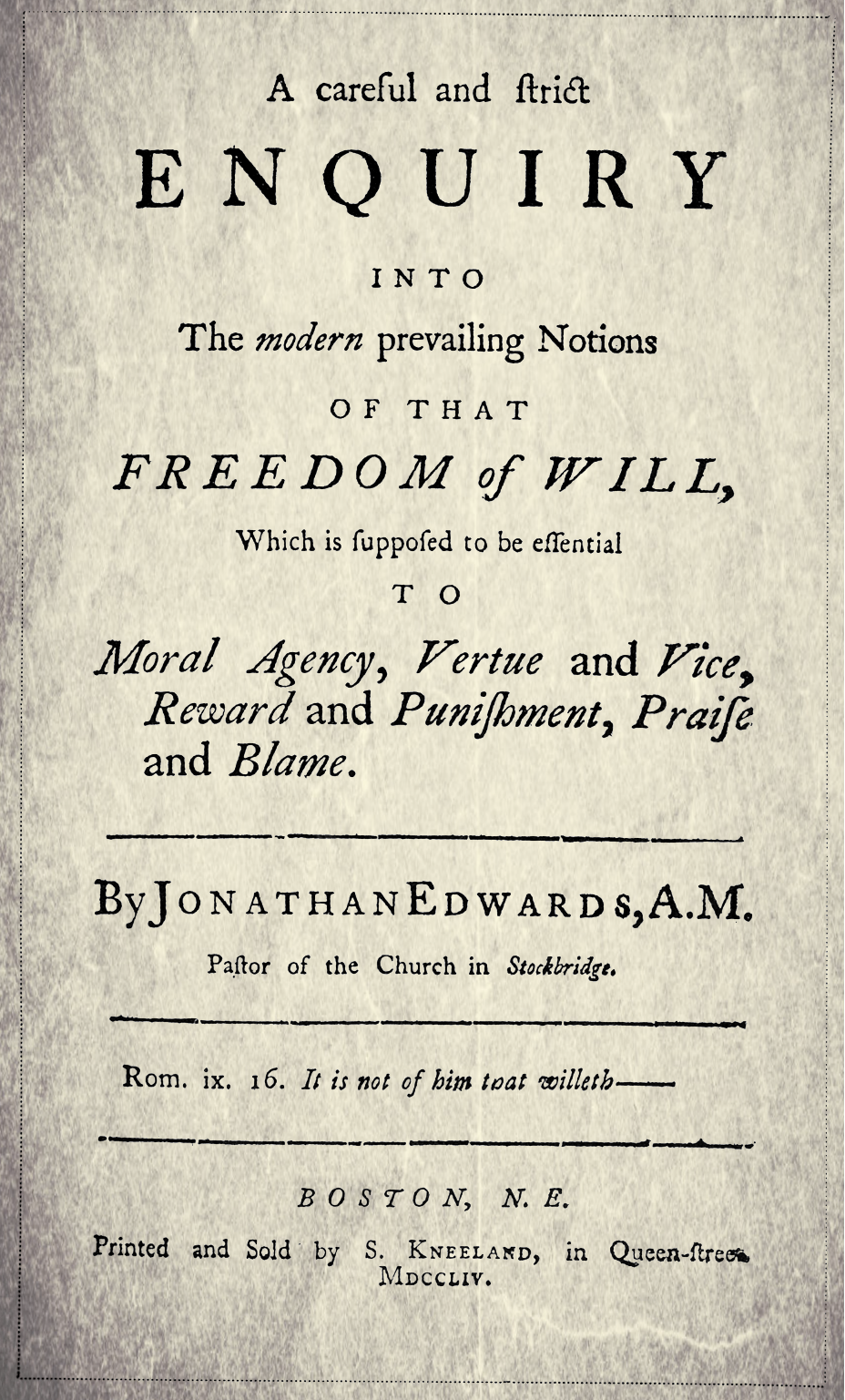About God’s and Christ’s sovereignty see chapter 3 on God’s Decree and Chapter 5 on God’s Providence.
The Incarnation
The single most amazing event in history was the incarnation of the Son of God. The incarnation refers to the becoming human of the divine Son of God. The incarnation refers to the teaching that the eternally divine Son of God became human when He was conceived in the womb of the Virgin Mary. Christians said it in the following way: He became what He was not while not ceasing what He was. The Son of God took on human nature and body, while not laying aside His divinity. This is the single greatest miracle in history. The second Person of the Blessed Trinity becomes human and enters into His own creation. He becomes one of His own creatures. The Creator becomes a creature. I would like us to look at a couple of texts about the Incarnation. These are Philippians 2:5-11 and John 1:14.
Philippians 2:5-13
Phil. 2:5-11 Have this mind among yourselves, which is yours in Christ Jesus, 6 who, though he was in the form of God, did not count equality with God a thing to be grasped, 7 but emptied himself, by taking the form of a servant, being born in the likeness of men. 8 And being found in human form, he humbled himself by becoming obedient to the point of death, even death on a cross. 9 Therefore God has highly exalted him and bestowed on him the name that is above every name, 10 so that at the name of Jesus every knee should bow, in heaven and on earth and under the earth, 11 and every tongue confess that Jesus Christ is Lord, to the glory of God the Father.
This passage is glorious. Words cannot express the truths and glories contained here, but I would like to take a few things from this text. Paul calls on the Christians to look as an example of humility to their Lord—Jesus Christ, the God-man. He is the greatest example of humility. He is the One Whom Paul describes as existing in the form of God. That is, He was truly God before Him becoming human. This speaks of a time before His incarnation and conception in the womb of Mary. This speaks of a time before the point when He willingly decided to take on the form of man.
He was equal with God the Father. He had every authority that the Father had and He was as much divine as the Father and the Spirit are. But because of the purposes of God the Father and the Covenant of Redemption wherein He would grant an elect people to the Son to be redeemed from sin by Him and the Spirit would apply the benefits of Christ to them, the Son had to become man. He was equal with God, yet did not count that as something to be grasped, or something to be held onto. Some people like to say that Jesus was an angel or a plan before His incarnation, but that is absurd. If He was an angel or anything less than God Almighty, then there is no humility in the fact that He became man. There is only humility when the Creator becomes a creature and enters into His own creation. Laying aside His prerogative and His privileges and for the sake of the Father and His elect, becoming man. As Barnes notes on v. 6, “If he was truly divine, then his consenting to become a man was the most remarkable of all possible acts...










